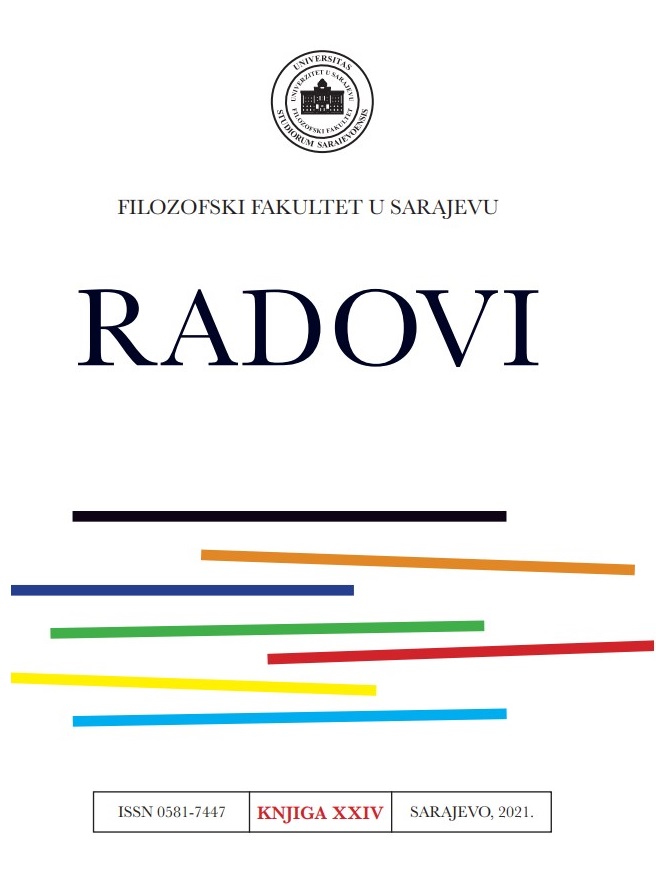Raspad multietničkih zajednica
Disintegration of Multi-Ethnic Communities
Author(s): Senadin MusabegovićSubject(s): Social Sciences, Sociology, Local History / Microhistory, Political history, Nationalism Studies, Ethnic Minorities Studies, Sociology of Religion, Identity of Collectives
Published by: Filozofski fakultet Univerziteta u Sarajevu
Keywords: empire; nationalism; Balkan; Socialist Federative Republic of Yugoslavia; fall of communism;
Summary/Abstract: In the end of the 1980s and during the 1990s, the religious communities in Yugoslavia wholeheartedly critiqued the ‘totalitarian communist government’ claiming that it had imposed, from the above, the ideological restraints and suppression of religious freedoms. Therefore, many religious elites accepted the process of Western European liberalization in order to win the fight for religious freedom, as well as to affirm its role and power through free elections. In the anti-communist context, the religious elites insisted on the return to tradition, to ancestors, to the past, and mostly neglecting the narrative of ‘the new future.’ This paper examines the way in which nationalism – which establishes its power through the use of religious symbols in order to unify and mobilize the masses— came to existence after the disintegration of a multi-ethnic state, such as the Ottoman and Austro-Hungarian Empire, on the one side, and the Socialist Federal Republic of Yugoslavia, on the other. In such a way, religious universalism reduces itself on the particular national myth, which, through the symbol of the victim, constructs the ‘chosen people’ whose politics is not based on joining, connecting with other people, but on separation and division.
Journal: Radovi Filozofskog fakulteta u Sarajevu
- Issue Year: 24/2021
- Issue No: 1
- Page Range: 391-412
- Page Count: 22
- Language: Bosnian

